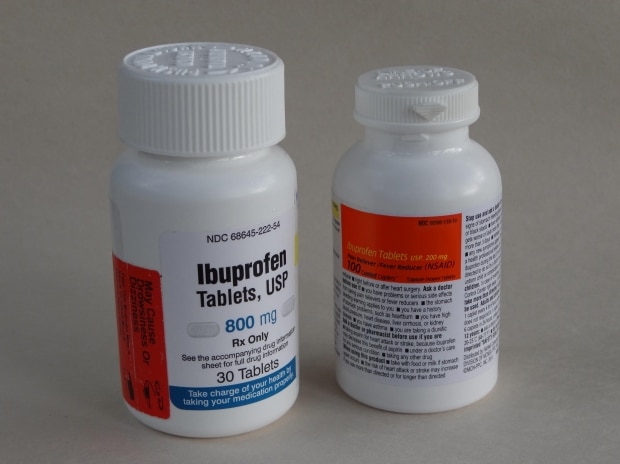
Medications for gout: When you have gout, doctors usually prescribe drug-based medications. The purpose is to relieve pain, reduce inflammation and reduce uric acid levels in order to prevent further gout attacks.
Medications for Gout
Gout medication generally falls into four types, which may be used singly, or, in combination according to your doctor’s recommendations. These are:-
- Non-steroidal anti-inflammatory drugs (NSAIDs)
- Colchicines
- Corticosteroids
- Uric acid lowering drugs such as allopurinol and the newer febuxostat
NSAIDs
NSAIDs like Ibuprofen and Indomethacin are non-steroidal drugs used to reduce inflammation and help relieve pain. They cannot reduce uric acid levels, so are only of use during an attack; not to prevent further attacks.
They can be effective, but, they can also have some negative side effects. These are things such as stomach pain, bleeding and stomach ulcers over time.
Colchicine
Colchicine are very strong anti-inflammatory drugs to be used during an attack. They can work quickly enough if taken within 12 hours of the onset of a gout attack.
They also have some pretty nasty side effects like nausea, vomiting, diarrhea and stomach cramps.
Corticosteroids
Corticosteroids are anti-inflammatory steroid hormones that can be taken orally or by injection directly into the affected joint during an attack.
They work by acting on the immune system to block the triggering of the body’s own inflammatory reactions.
These also work quickly and can eliminate all symptoms within a week or so.
Unfortunately, because of the way they act on the immune system, a serious side effect is that the ability of the body to battle infections and heal open wounds etc. is compromised.
Urate Lowering Medications
This type of medication is used to manage gout and does this pretty effectively. It cannot, however, affect the symptoms of a gout attack.
It is solely used to lower and maintain uric acid at relatively low levels to prevent gout attacks from re-occurring. It works by blocking the enzyme process that produces uric acid from purines in our cells.
Allopurinol and the newer febuxostat are long term drugs because they only work for as long as they are being taken. Once stopped uric acid levels can rise again. Which is why these types of drugs are taken long term (months to years) by chronic gout sufferers.
They can have side effects like diarrhea, nausea and skin rashes.
These are just very short summaries of typical gout medication prescribed by doctors. It is very important that you follow your doctor’s advice very closely. And never, ever, stop any gout medication without first consulting your doctor.



